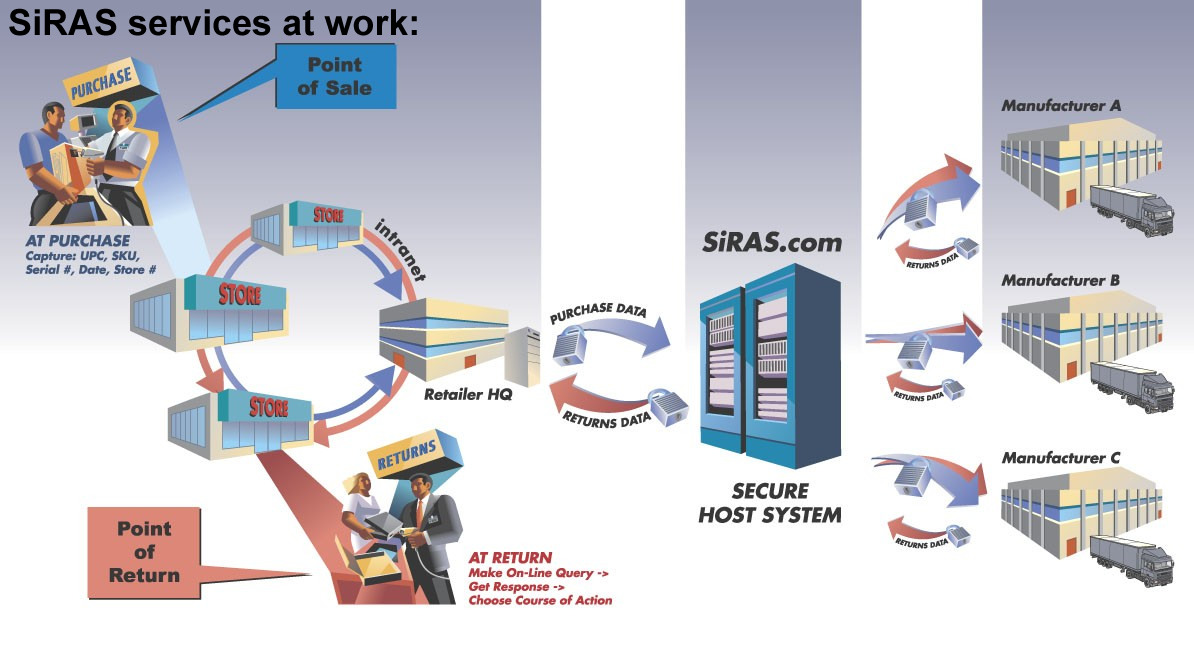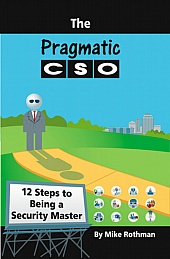We seem to quickly forget that others, including institutions of higher learning, the financial services sector and even the government have been compromised pretty frequently, also. And even though massive data-breaches facilitated by hackers makes good press, the truth is that information is stolen on a less newsworthy basis, daily.
Brad Dorfman (Reuters) might have put it all in perspective when he wrote:
Consumers who want to be sure about protecting their personal data and preventing identity theft might need to pay solely with cash, shun retailer loyalty programs and only make returns when they have a receipt.
They might also need to stop paying taxes, serving their country and getting an education (my emphasis).
Brad's story about why retailers are one (my emphasis) of the targets, here.
Meanwhile the retail and financial services industries seem on the verge of fighting a battle of who should be (financially) responsible for all of this. Of course in the bigger picture, I can think of a few other industries to push the blame towards, also.
We spend a lot of effort and resources trying to spread out the financial burden of information theft. While this might be enabling some of those concerned (industries starting to point fingers) to keep writing the costs of information theft off, it isn't stopping very many of the facilitators.
I sometimes wonder how much better we might be off if we went after the facilitators more aggressively? Resources to do this are minimal and if you don't believe me ask any victim, who tried to get something done with their individual case. Even better, ask someone who has the unfortunate job of trying to help some of these victims.
Until we make stealing information harder to do and start punishing the facilitators, problems associated with the dark side of the information age are probably going to continue have a ever growing financial burden.
In the criminal world, the 45.7 million compromised records, were yesterday's opportunity. What opportunity are they exploiting right now?


